While anti-discrimination laws prevent employers from offering different benefits to different generations in the workplace, being mindful of what each generation values and prioritizes in a job can aid with providing the right benefits to your entire staff.
So, here’s a quick breakdown of the most important benefits for each generation in the 2022 workforce.
Benefits That Boomer Employees Value Most
Boomer employees were born between 1946 and 1964, giving us an age range of 58- to 76-year-olds in 2022.
Since these employees are of retirement age but continue to work into their later years, Boomer employees tend to prioritize healthcare and retirement benefits above all else. Of course, this makes sense: healthcare and retirement costs are looming on the horizon—if not already present—in Boomers’ lives, so receiving support in these areas is critical.
Keep in mind that many Boomers also choose to work part-time roles as they age in their careers, and healthcare benefits may not be feasible for hourly workers. If your organization sees this arrangement often, consider supplemental benefits for part-time employees that address the same healthcare and retirement concerns on a smaller scale.
Two supplemental benefits that are great options for boomer generations include long-term care and life insurance. Long-term care refers to services received from nursing homes, assisted living facilities, and in-home care providers. Most medical and disability insurance policies, including Medicare, don’t cover long-term care, which is why you need a separate LTC insurance policy.
Learn more about these and other supplemental benefits here.
Benefits That Gen X Employees Value Most
Gen X employees were born between 1965 and 1980, falling between 42 and 57 in 2022. This group has various responsibilities and concerns, including personal health, caring for aging parents, raising a family, putting children through college, paying off student loans, and preparing for retirement.
As you can imagine from the list above, Gen X-ers have many priorities on their plate. They’re likely to benefit from a flexible work schedule and autonomy over where and how they complete their work. They also appreciate higher earning potential, a robust 401(k) plan with matching benefits, and ample vacation time to reset and refresh.
Given that these employees are often highly experienced in their roles, granting additional autonomy and rewarding exceptional work with generous benefits is a worthwhile trade for many employers.
Benefits That Millennial Employees Value Most
Next, let’s take a look at Millennials. Millennial employees were born between 1981 and 1995, quickly becoming the majority of the US workforce. The current age range of Millennials in 2022 is 27 to 41 years old.
Given that their parent’s healthcare plans no longer cover the youngest Millennial employees, medical insurance becomes more important at this stage. Student loans are also a considerable burden for Millennials, and many in this generation are starting families (or considering starting families).
For Millennials, the best benefits include flexible work schedules, assistance with student loan repayments, a clear path towards career growth and higher income potential, and generous parental leave policies. Family planning benefits may also be valuable to this generation.
Benefits That Gen Z Employees Value Most
Finally, Gen Z employees were born between 1996 and 2012. While the youngest Gen Z-ers have yet to enter the workplace at just ten years old, the oldest Gen Z-ers are currently 26 and make up most entry- and mid-level positions in today’s organizations.
Compared to older generations, Gen Z-ers are the most likely to consider their total benefits package, placing less emphasis on salary alone. Gen Z-ers may appreciate flexible paid time off (PTO) policies, tuition reimbursement, continued education opportunities, and career growth and mentorship opportunities.
Many Gen Z employees also graduated into the COVID-19 work environment, so flexible and hybrid work arrangements may appeal to this generation. And, like their older counterparts, many Gen Z-ers have graduated (or will graduate) with hefty student loan debt, making repayment assistance an enticing perk among younger employees.
While the guidelines above offer a helpful framework to consider your workplace benefits, don’t forget that your most valuable insights will likely come from your employees themselves. When in doubt, ask your team members what they’d like to see from your benefits package, and let them share their own values and priorities. You never know what you might learn!
As you reevaluate your benefits packages, remember that Merritt Business Solutions provides custom benefits packages so employees can choose the benefits that best fit their needs. It’s the perfect solution for everyone to feel seen and appreciated within your organization. Learn more below! Learn more about employee benefits through Merritt Business Solutions here.









